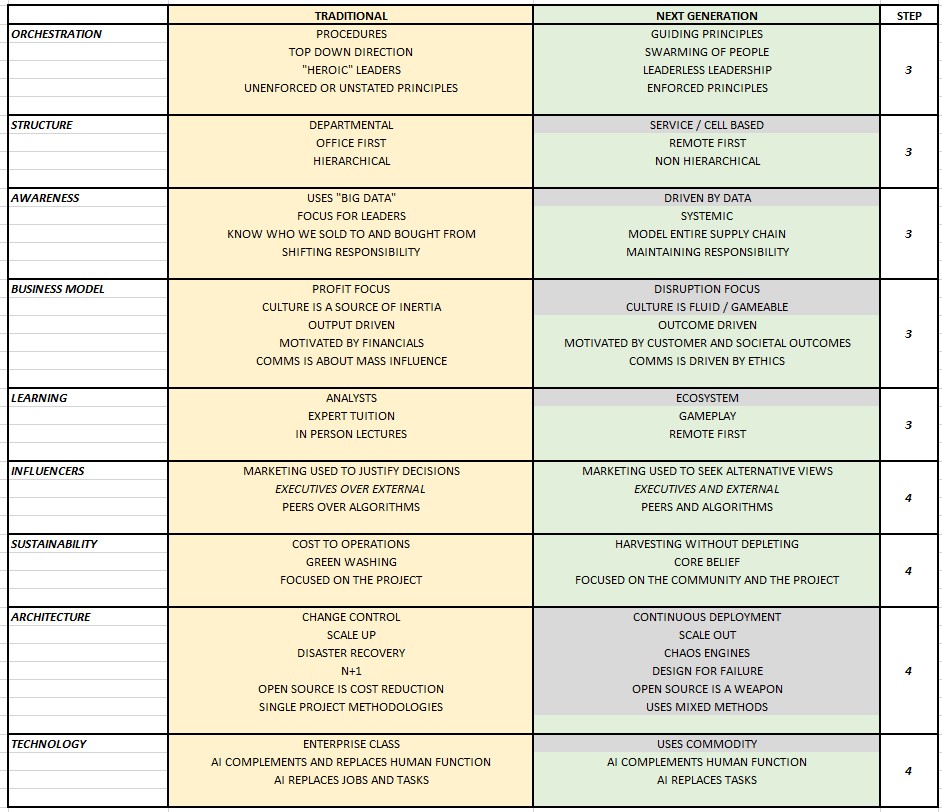
No surprises.
For reference, that particular image I made in 2012, not 2016 - blog.gardeviance.org/2012/07/magic-… ... however, that's splitting hairs on years, the point is still the same. Well done MSFT, a good win for Azure.
For reference, that particular image I made in 2012, not 2016 - blog.gardeviance.org/2012/07/magic-… ... however, that's splitting hairs on years, the point is still the same. Well done MSFT, a good win for Azure.
https://twitter.com/danieljbaird/status/1411836110091603971
I called Open Stack a dead duck in 2012 because the people running it didn't know what they were doing. Sure, it made money but Telcos gambling huge amounts of shareholder money on a "no hope" cause because of executive decree and ego is normal, not a guide to the future.
The only people who seemed to play the game well with OpenStack was VMware ... they used it to buy years, if not a decade of time for their company.
Smart play.
Smart play.
I really thought VMware had painted itself into a corner with VCE ... another fool's errand ... but the way they managed to turn OpenStack to their advantage is one for the text books.
You could also argue that Oracle was playing the same game but it always seemed to be doubling down on exadata ... another fool's errand, like VCE and sure ... whilst it's not the future, there is money to be made from these things - you'd be amazed at what execs will spend on.
Still, well done AT&T for finally catching up with the rest of the world. A decade late but better late than never - sdxcentral.com/articles/news/…
Before you ask, AT&T wasn't the company involved in this discussion -
https://twitter.com/swardley/status/933069547271327744... but that was long ago, the money wasted and no surprises.
If I could summarise, it would be in the depressing familiarity of this graphic ... it has been a repeating theme of the last decade+ ... along with the assumption that just buying some tech will give you the behaviours you need i.e. owning a data lake versus being data driven. 

• • •
Missing some Tweet in this thread? You can try to
force a refresh







